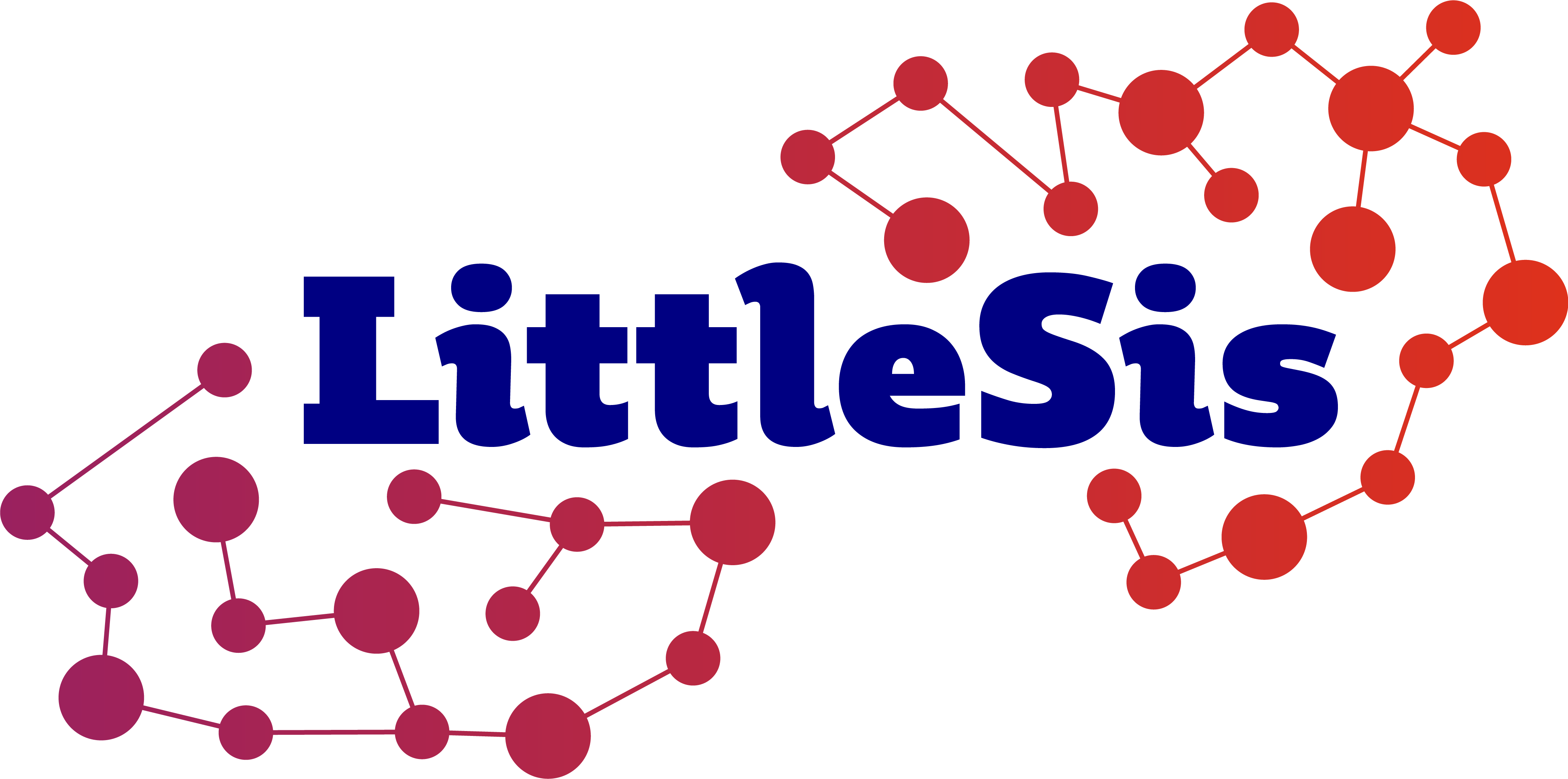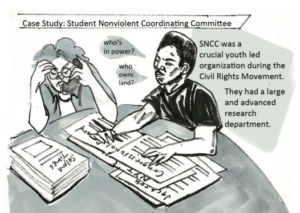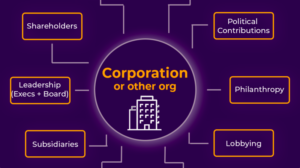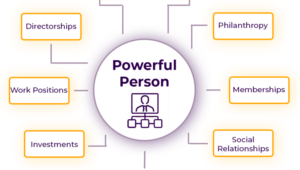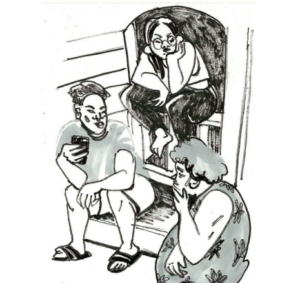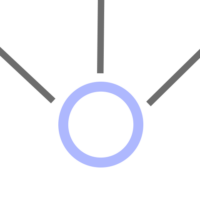What do you need to conduct power research?

A crew to work with! Research is easier together! Consider pulling in friends or finding folks working on a campaign to connect with. When you have a group together consider creating a research pod.
An internet connection and computer access. There are numerous publicly available, free databases that you can use for your research. You will need access to the internet to use most of these. Some of these include the SEC’s EDGAR database for information on publicly traded companies, OpenSecrets for campaign finance and lobbying information, and ProPublica’s Nonprofit Explorer for information on non-profit organizations.
Relationships. Power research does not create change in a vacuum. Its power comes from the context in which it is used. Reach out to activists and organizers working on the issues you are researching who will help inform your research strategy. Relationships with reporters or other journalists can provide tips, troubleshooting, and a possible platform to share your research.
A way to share your findings. Where will you put everything that you find? Do you want to hand it over to a campaign or make your information publicly available with a website?
Tenacity. This work can feel daunting even for seasoned researchers! But we can get a lot done if we are intentional and work together to build a shared analysis and fight.
Building a grassroots power research group: the Philly Power Research story

Philly Power Research (PPR) is a group of volunteer researchers investigating the “powers that be” (i.e. corporations, elected officials, and billionaires) in Philadelphia. We started in 2016, right after Donald Trump was elected president. A few weeks after the election, we hosted a “Power Research 101” training, where we explained what power research is and how it’s used in organizing for social change and provided an introduction to basic online power research tools like Citizenaudit.org, LittleSis.org, and Google. To our surprise, over one hundred people showed up to that training. From there, we started meeting regularly, hosting “research parties,” and leading power research projects to call attention to the corporations, real estate investors, and billionaires that run our city.
Our first project was profiling local power brokers who were collaborating with Trump and his agenda. Since then, we’ve worked on a wide variety of projects. Some of our favorites include:
- The Philadelphia Campaign Finance Tool – One of our members built The Philadelphia Campaign Finance Tool, a search engine that makes it easy for activists, journalists, and other members of the public to investigate campaign cash in our city.
- “The Real Looters of Philadelphia” – During the Summer 2020 uprising after George Floyd’s murder by police, we released a report on the “real looters of Philadelphia,” the corporations and billionaires who starve Philly’s city budget and fund the police. We highlighted the corporations and universities backing Philly’s Police Foundation and called on them to pay their taxes and stop funding the police department, which eventually led to several board members pulling out of the police foundation.
“Who Runs Philly?” – Our blog series profiling the CEOs, real estate developers, other capitalists who play key roles in our city’s local power structure.
If you’re interested in starting a group like Philly Power Research, here’s some of what we’ve learned along the way!
- Collaborate with other groups – We’ve often collaborated with other groups that are organizing to challenge corporate power in Philly, such as tenants unions fighting bad landlords, hotel workers trying to form their union, students, parents, and teachers fighting for more school funding, and Philadelphians pressuring city hall to defund the police and invest in community services. We’ve co-hosted trainings on research skills that were of particular interest to these groups, researched and wrote reports for them to use at protests and press conferences, and released research to support their campaigns. These collaborations have been core to our work; partnering with these groups helps ensure we’re not just researching for the sake of researching, but in order to contribute to growing and strengthening local social movements.
- Hosting trainings is a great way to jumpstart research, build the strength of the group and find new members – When we were first starting out, we hosted monthly research workshops that usually included a training component (e.g. campaign finance research, lobbying research, how to use LittleSis.org, investigating elite corporate social clubs in Philly) and a “research party” component. During the training, a member of the group would share a research skill and then during the party, we’d eat food, hang out, and do some research all together. These trainings were a great way for us to get to know one another and get a lot of research done all at once very quickly.
- Disseminate your findings far and wide – Sometimes, it can be challenging to get your research out into the world. We started a Philly Power Research twitter (@ResearchPhilly) and a simple blog so we could share our research with a broad audience. We also collaborated with other people and groups that already had online and in person followings and asked them to share our work. In addition to sharing our research on twitter and our blog, we created an email list of people who came to our trainings, allies, journalists we met with, etc. and would share our research with that list.
Experiment with different ways to show what you’ve found – Power research can take lots of different forms. We’ve created blog posts, reports, infographics, LittleSis maps, op-eds, and talking points for groups leading protests and press releases.
